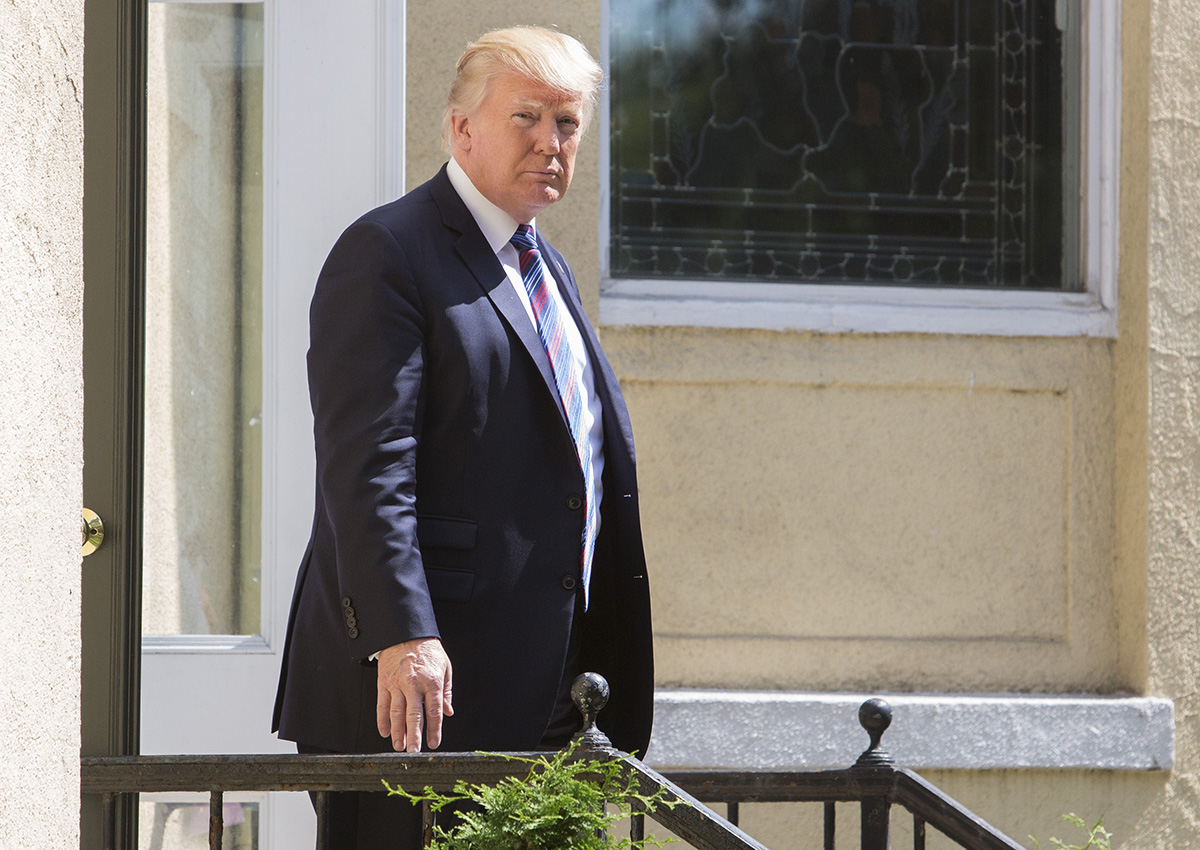Since taking office, U.S. President Donald Trump has let several key science and tech adviser positions in his administration go unfilled.

This has only served to reinforce the contentious relationship Trump has developed with the research community. Some actions taken by the current administration include cutting funding for the Department of Energy (DOE), pulling the United States from the Paris Climate Accord and failing to appoint a leader of the Office of Science and Technology Policy (OSTP).
In addition, Trump has yet to fill a single seat on the President’s Council of Advisers on Science and Technology — the Obama-era advisory council known as PCAST — housed within the OSTP, reports Recode.
The OSTP is structured in such a way that each president can customize the office to align with their priorities. Science reports that under former president Barack Obama, the OSTP grew to an unprecedented size and contributed to the administration’s many science and technology policy plans.
At the OSTP’s peak during the Obama administration, the group had 135 people, though many were members of outside agencies. By the time Trump was inaugurated, that number had dropped to 30.
However, since taking office in January, Trump has allowed many key positions in the OSTP to remain vacant, including the director’s position, who also serves as the president’s science adviser. As many as four senior roles in the office have yet to be filled, which need to be confirmed by the Senate.
- Stuck in B.C. lagoon for weeks, killer whale calf is finally free
- Invasive strep: ‘Don’t wait’ to seek care, N.S. woman warns on long road to recovery
- T. Rex an intelligent tool-user and culture-builder? Not so fast, says new U of A research
- Nearly 200 fossil fuel, chemical lobbyists to join plastic treaty talks in Ottawa
In the second week of August, the White House released a four-page memo detailing the science budget priorities for the 2019 fiscal year, which prioritized U.S. Military, security, prosperity, “energy dominance” and health.
The document entirely omits climate change and environmental science, though it does highlight commitments to basic research and health resources for an aging population. Some argue that the document serves as a step in the right direction for the Trump administration, including the Obama-era director of the OSTP, physicist John Holdren.
“There is much more to praise to in this document than to complain about,” he says. “The fingerprints of input from the Office of Science and Technology Policy (OSTP) are evident on this document,” Holdren told Scientific American.
He expressed concern that the document declined to mention the environment, climate change or space exploration (though he was less worried about this as space exploration initiatives are largely managed by NASA).
However, former OSTP research analyst Kei Koizumi, who is now at the American Association for the Advancement of Science (AAAS), told Science that the document does not express support for training the next generation of scientists apart from enhancing the digital literacy of the American workforce.
Koizumi explained that “the memo shows that the administration doesn’t have science and technology priorities as such.”
The White House claimed that it does not intend to kill PCAST, and is reviewing a shortlist of candidates for the OSTP’s director position.
As of June, a Washington Post analysis revealed that 85 per cent of the highest science jobs in the Trump administration remained vacant, with the president having announced nominees for just seven of 46 science posts in the federal government.























Comments